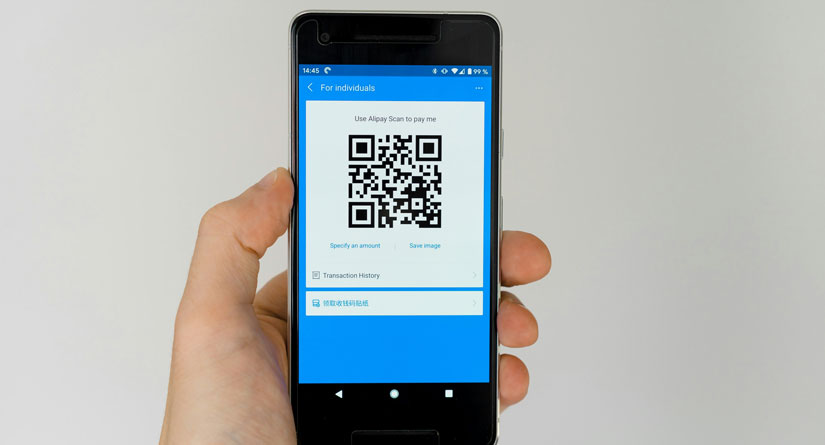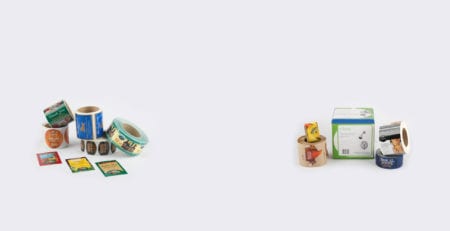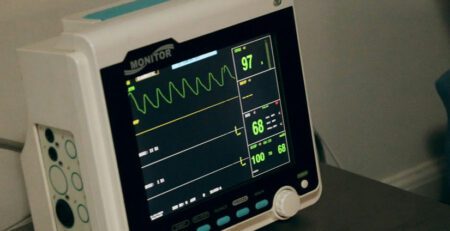How Smart Labels Are Revolutionizing Medication Management
Smart labels are the 21st-century answer to information about medications. While traditional product labels offer dosage, ingredients, and usage information through text and sometimes images, smart labels allow consumers to inform and engage digitally with their products.
A smart label allows consumers to scan a code with a digital device to access more in-depth information about the medication they are taking. Not only are smart labels becoming more prevalent in the food and beverage industry, but they are also used by the pharmaceutical industry to drive engagement at higher levels and ensure that more thorough information is available to customers.
Such information can include resources that describe ways to manage a specific health condition, as well as descriptions and videos of beneficial exercises, healthy foods and recipes, and interviews and advice from medical professionals. Some consumers may have questions about specific ingredients and interactions, and this label option can also be highly helpful.
How Does a Smart Label Work?
A smart label utilizes a transponder or code, which users can read with most smartphones. For pharma industry manufacturers, smart label solutions using QR codes or other types of coding can help ensure higher quality control and product integrity, assist in inventory management, and overall improve the efficiency of production, distribution, and customer satisfaction with availability and efficacy.
Benefits of Smart Labels in Medication Management
Pharmaceutical label manufacturers can discover how digital smart labels can enhance patient safety. The accurate administration of medication is of utmost importance to consumer health and satisfaction, and when consumers can access immediate information about dosage, ingredients, and effects, this increases the likelihood of them using the medication correctly and effectively. In addition, this form of labeling reduces counterfeit drugs and illicit tampering from unauthorized outsiders. This helps ensure customers receive a safe pharmaceutical product or medical device that will serve their needs instead of causing them harm.
Medication tracking and inventory management are other benefits of digital smart labels for pharmaceutical products. Smart labels streamline these systems because they reduce the amount of healthcare work time used to track down medications and reorder expired inventory. They also eliminate many outdated manual inventory procedures. Using a smart-label-reliant system effectively slashes time and improves real-time inventory data, which is a money-saving aspect for healthcare providers as well.
Features and Technologies Used in Smart Labels
Smart labels incorporate various types of technology and features for consumers and pharma companies, which include the following:
- Near Field Communication (NFC) technology, which allows users to access data with an Android device
- QR Codes for barcode scanning, which helps enable tracking and verification along the supply chain
These technologies allow both pharma manufacturers and consumers to access reminders to take their prescribed dosage and keep track of what they administer or consume. It also increases the efficiency and accuracy of electronic information storage and retrieval for healthcare providers who care for large numbers of patients and administer and store many different types of prescription and over-the-counter drugs.
Challenges and Considerations in Implementing Smart Labels
Companies pursuing the switch to smart labeling may encounter some challenges, such as the integration with existing medication management systems. Smart labeling systems require complex and sometimes costly advanced materials and product packaging, as well as updated sensors and new software, which can increase costs in production and implementation.
Additionally, adequate and comprehensive training and education for healthcare professionals and patients is another added cost, financial and time-wise, as it is imperative for all invested parties to be fully informed and comfortable with the new procedures, materials, and technology they will utilize to care for themselves and others.
Privacy and security are yet another potential challenge as companies navigate new software, materials, and protocols. Safeguards must be evident and effective to protect customer data, and the technology must be reliable in order to properly service customers and enable healthcare professionals to care for clients.
Future Developments and the Potential of Smart Labels
The future possibilities of smart labels are expansive. There exists the potential to expand patient care to other locations, such as long-term care facilities and even consumers’ homes. There are also potential capabilities to integrate smart labels with remote monitoring technologies and telemedicine, making care more convenient, accessible, and easier for healthcare providers to administer. Even the advent of artificial intelligence, combined with the capabilities of machine learning, could potentially help the population benefit from smart labeling by using a predictive approach to determine which medications will best suit a specific patient’s needs.
Enhance Productivity, Consumer Safeguards, and Patient Satisfaction With Smart Labels
Pharmaceutical companies have a vested interest in public health and safety, and smart labeling is a multi-faceted approach to help manufacturers as well as consumers and healthcare professionals. Patients and professionals who rely on your products can feel safe knowing they employ reliable, current, and accessible technology that streamlines quality control and inventory protocols, reducing the risk of outside tampering or accidental misdosing.
As an industry leader, Royal Label can collaborate with you to create smart pharmaceutical labeling that adheres to your specifications and uses the latest technological advances in labeling techniques. Contact our team to discover how we can help you integrate smart label technology into your company.





